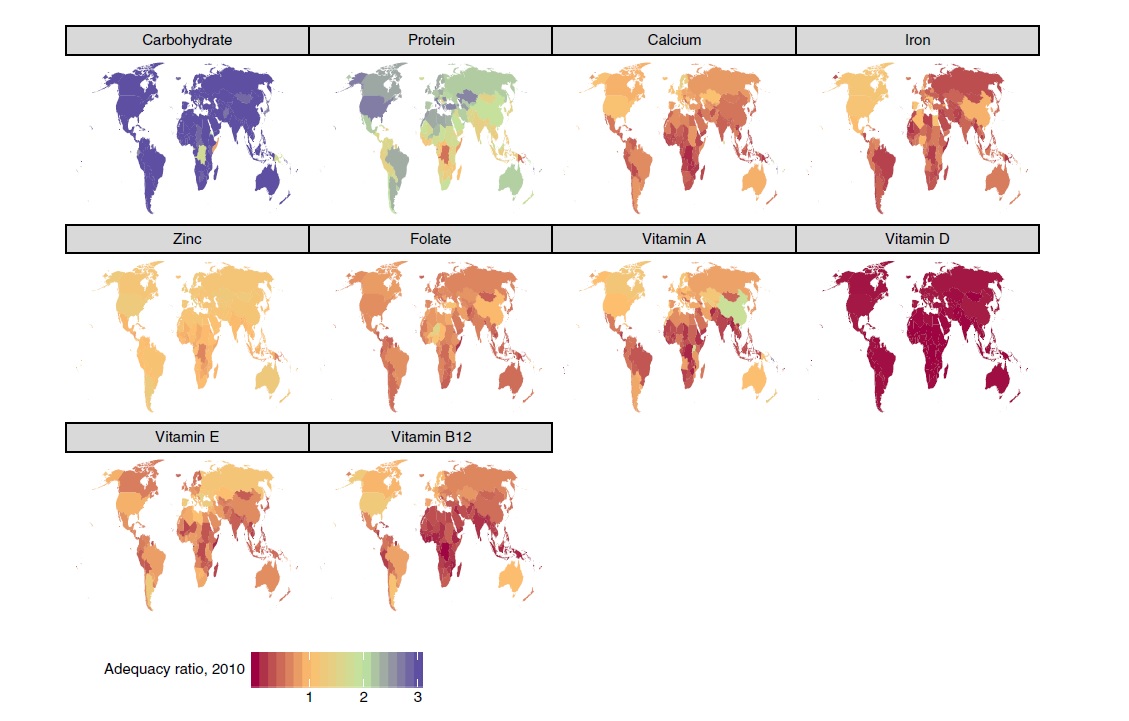
Assistant Professor at the Center for Human Nutrition Studies @USUAggies. Working at the nexus of #agriculture and #humanhealth. Tweets reflect my own opinions.
How to get URL link on X (Twitter) App



 Ref to papers
Ref to papers


https://twitter.com/PhysioAwesome/status/1312066520898568193Intra-individual differences can preclude many to thrive on plant-foods alone. Despite heterogeneity in diets, populations worldwide show a genetic architecture adapted to include varying degrees of animal + plant foods, without exclusion of either. 2/6

https://twitter.com/ScepticalDoctor/status/1295285865091149829find similar long-term health outcomes irrespective of whether diets were plant-based or omnivorous if diet quality=⬆️ 2/

https://twitter.com/StopTheHunts/status/1291002907169624064You provided a screenshot of the Protein Digestibility Corrected Amino Acid Scoring (PDCAAS) system, but there are some nuances to highlight. 2/



https://twitter.com/NanciGuestRDPhD/status/1281349625379684355
 2. Assumes a separation of livestock-plant farming, which ignores basic symbiosis between plants & herbivory. By integrating livestock with plant farming, one can improve crop yield and soil fertility (and self-sufficiency of feedstuffs and fertilizer) acsess.onlinelibrary.wiley.com/doi/abs/10.213…
2. Assumes a separation of livestock-plant farming, which ignores basic symbiosis between plants & herbivory. By integrating livestock with plant farming, one can improve crop yield and soil fertility (and self-sufficiency of feedstuffs and fertilizer) acsess.onlinelibrary.wiley.com/doi/abs/10.213…